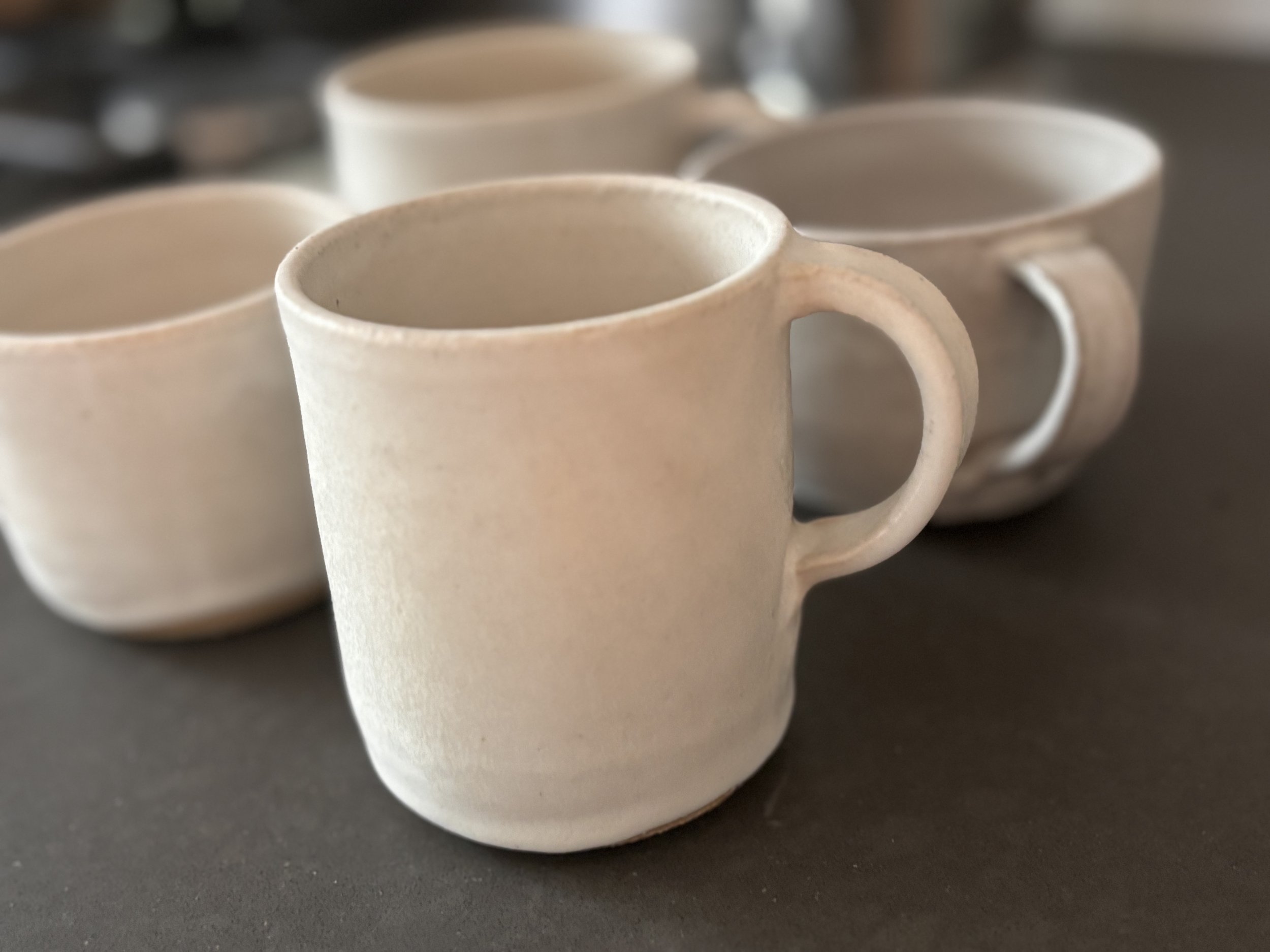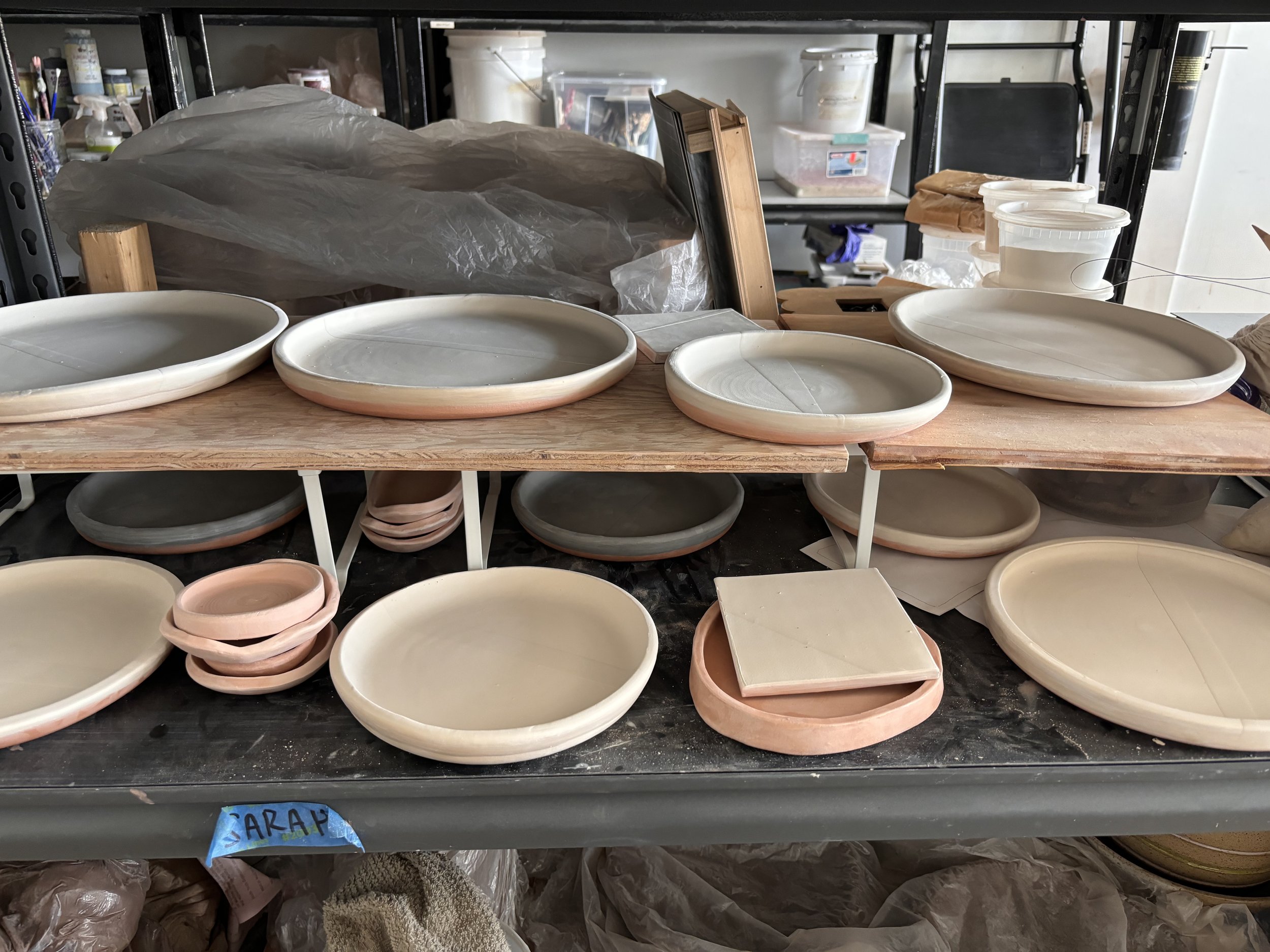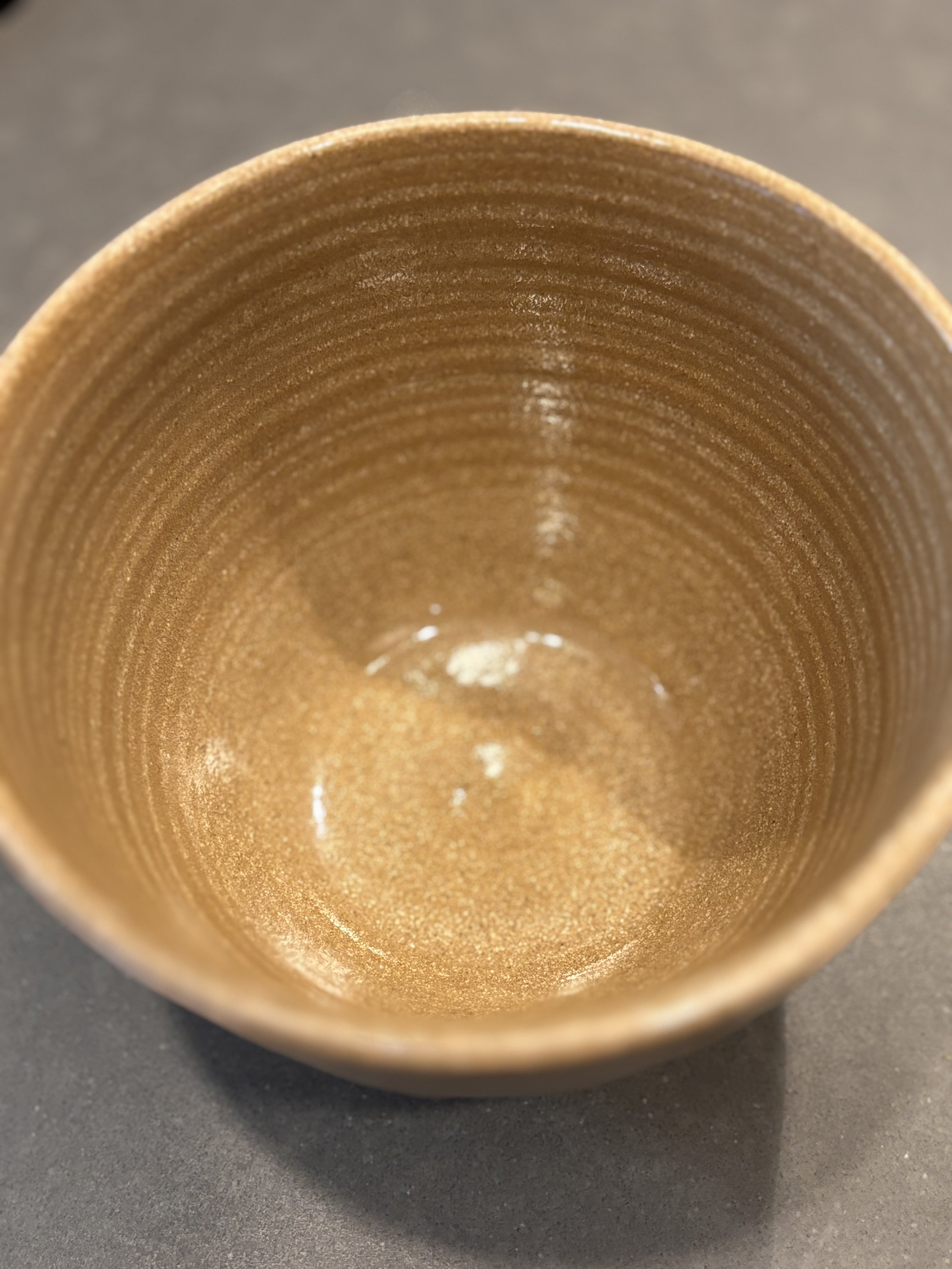Lessons from pottery
Getting back to the pottery studio after a 20-year break was a personal reminder of how reclaiming space for yourself is critical to both personal growth and leadership. Like many of the leaders I work with, I had set aside parts of myself to focus on career, family, and professional goals.
What I learn from clay:
Growth takes time, and self-compassion
I’ve spent hours in the studio, only to watch pieces collapse, crack, or turn out differently than I planned—but I keep doing the work. Leadership growth is similar: rarely linear, never perfect, and always a process that requires patience, persistence, and constant adaptation.
Letting go of perfection opens space for possibility
When I walk into the studio, I feel centered. What I create may not be technically perfect, but it’s meaningful because I showed up and allowed something new to emerge.
The same happens with my clients. When they make space for themselves—whether reconnecting with their creativity, taking on a challenge outside their comfort zone, or experimenting with different ways of working—they rediscover clarity, energy, and new perspectives that fuel their leadership.
This is what I want for you as my client:
To recognize that taking time for your development isn't selfish—it's essential. To approach your leadership challenges with the mindset of a craftsperson: patient, resilient, and open to possibilities that might differ from your original vision.
The most effective leaders, like the most accomplished potters, understand that mastery comes not from avoiding imperfections but from learning to work with them constructively, honoring impermanence and knowing when to let go. They know when to apply pressure, when to ease up, and how to transform limitations into distinctive features of their work.
Are you ready to reshape your approach to leadership and reclaim the energy that first drew you to your mission?
“When all of our selves is present in what we do, then we can be said to be ‘on Center’.”
— M.C. Richards, Centering in Pottery, Poetry and the Person






